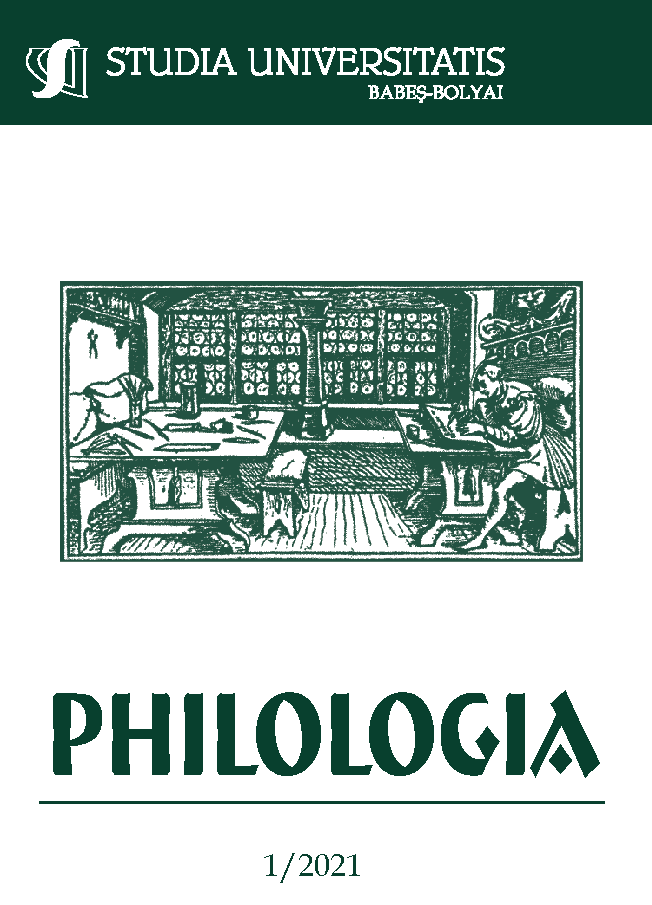PERCEPTIONS OF DEVELOPING READING AND WRITING SKILLS IN SWEDISH IN AN ONLINE CONTEXT
PERCEPTIONS OF DEVELOPING READING AND WRITING SKILLS IN SWEDISH IN AN ONLINE CONTEXT
Author(s): Roxana-Ema Dreve, Raluca PopSubject(s): Language acquisition
Published by: Studia Universitatis Babes-Bolyai
Keywords: Norwegian; Swedish; language distance; language similarities; cross-linguistic influence; foreign language learning; BA level;
Summary/Abstract: Perceptions of Developing Reading and Writing Skills in Swedish in an Online Context. This paper intends to focus on BA students’ reading and writing skills in Swedish as a foreign language in a Scandinavian context. In addition, the study aims to discuss the difficulties students have encountered when studying Swedish as a foreign language in an online academic context amid Covid-19 pandemic. A survey research comprising closed-ended and open-ended questions was conducted by using a questionnaire as the main instrument for collecting data. The respondents were BA students in Norwegian language and literature, enrolled at the Faculty of Letters at Babeș-Bolyai University, who had already studied Norwegian for four semesters in the frame of this programme and who took the one semester optional course in Swedish. The language distance between Norwegian and Swedish is relatively small because both languages are part of the North-Germanic branch. We considered it relevant to explore the manner in which students tackle these similarities, differences and the cross-linguistic transfer between the two languages and whether their reading and writing practices in Norwegian have influenced in any way the acquisition of Swedish. Nowadays, new technological advances provide additional support to foreign language learning and develop learners’ digital literacy. Therefore, the paper aimed at understanding what types of authentic resources are used by students, in order to develop their linguistic and sociolinguistic competence in Swedish. The results showed that students are willing to improve their language skills, as they believe that mastering another Scandinavian language could help them increase their academic and professional opportunities and would constitute an advantage in terms of easiness to develop writing and reading skills in Swedish.
Journal: Studia Universitatis Babes-Bolyai - Philologia
- Issue Year: 66/2021
- Issue No: 1
- Page Range: 231-248
- Page Count: 18
- Language: English

